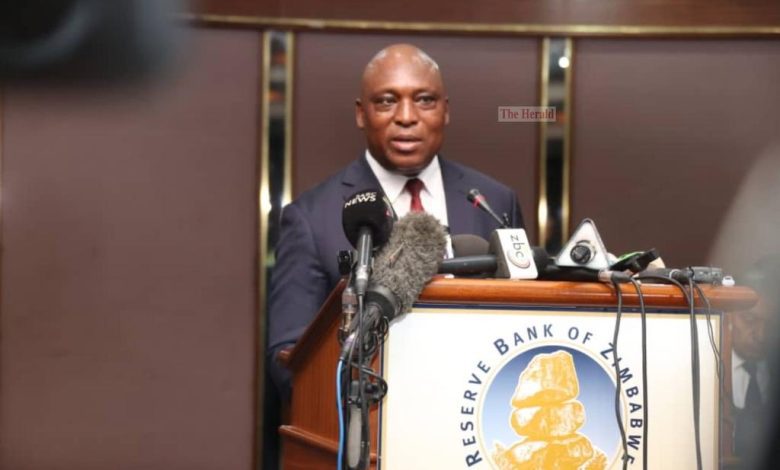Forex demand outstrips supply
Industry’s demand for foreign currency continues to rise, with the Reserve Bank of Zimbabwe (RBZ) on Tuesday accepting bids of a record US$39,7 million.
However, the total amount allotted stood at US$27,9 million.
The Zimbabwe dollar shifted downwards marginally to settle at $82,67 from $82,08 to the United States dollar following Tuesday’s foreign currency auction.
Of the US$27, 9 million that was allotted, large corporations accounted for the bulk of allocations at US$26 million compared to US$32,4 million previously, and the SMEs segment accounted for US$1,96 million from US$2,87 million previously, which was significantly lower than what had been requested on both sides.
The value of bids accepted from big corporates was US$37,1 million, while US$2,62 million worth of bids on the SMEs platform were accepted.
The total number of bids on the auction platform rose to 533 from 517 last week.
On the main auction, the total number of bidders stood at 337, while 196 bids were recorded on the SMEs auction. 27 and six bids were rejected on both platforms, respectively.
The highest bid on the main auction was $87, while that for the SME section was marginally lower at $86. But the lowest bids on both the main auction and the SME auction remained merged at $80.
As per trend, the raw materials segment accounted for the bulk of allotments at US$12, 4 million on the main auction and US$558 018 on the SMEs section.
Machinery and equipment came in second with US$4,12 million on the main and US$489 125 on the SMEs section.
And consumables came in third on the main auction at US$1,73 million; but on the SMEs section, consumables took up US$393 958.
With the central bank soon to give its first Monetary Policy Statement (MPS) for 2021, expectations are that the authorities could introduce additional measures to support the foreign currency auction system, which has brought about pricing stability since June last year.
Earlier this month, the RBZ announced that exporters were no longer compelled to sell for local currency unused export receipts after 60 days, but now have to sell 40 percent of export earnings to the central bank, up from the previous 30 percent.
The measures allow exporters to keep the bulk of their hard currency indefinitely if they wish is to ensure that the auction system remains adequately funded, while ensuring that exporters retain an incentive to expand their businesses.–ebusinessweekly.co.zw











